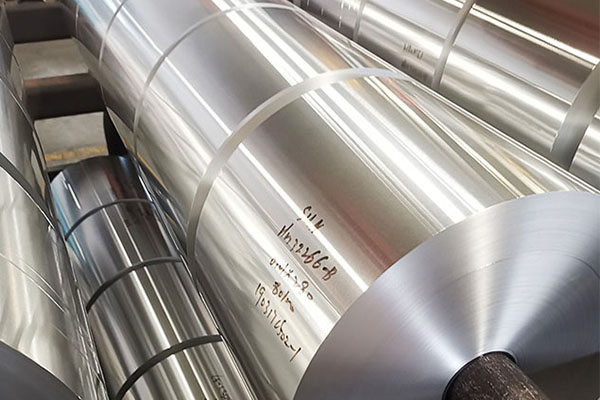Does aluminum foil rust?
This question keeps emerging on sorts of Q&A platforms, which demonstrates people’s eagerness to have an answer. Here we hope to offer what you just need.
Before getting to the answer, we need to clarify the concept of “rust” first. Rust is a chemical process during which metals get oxidized after being exposed to the air that is full of oxygen, yet this is not enough, for the word usually indicates a state of “decay” of a metal on the surface. Take iron for example, dark brown powder covers the surface of an oxidized iron and falls off under slight exterior forces like wind, rubbing or vibration. This means that the outer layer of iron is ripped away to form ferrous oxide, and because it is porous, oxygen can continue to penetrate to the iron, creating more rust. Eventually, the entire iron object will be converted to rust. Most metals rust in the same way, except for rare ones like aluminium whose oxide is a solid layer attached firmly onto the surface of an aluminium piece. Therefore, aluminium oxide can not be called something like decay in a strict point of view.

But if you mean “oxidize” by “rust”, then aluminium foil is likely to get rust soon after being placed in the air. Some metals are more reactive than others and Aluminum is far more energetic to oxidize than iron. The roll of aluminum foil you get in the store is already rusted before you use it.
So why does it still look shiny? Aluminum forms aluminum oxide. This is an extremely hard material that forms a layer on the surface that is only a few molecules thick. It then prevents more oxygen from getting to the pure aluminum below the oxide layer. Thus if you mean “decay” by “rust”, then aluminum does not rust. It only get oxidized. Magically, the oxidizing process makes it more “corrosion resistant” in a way.



